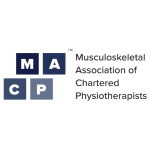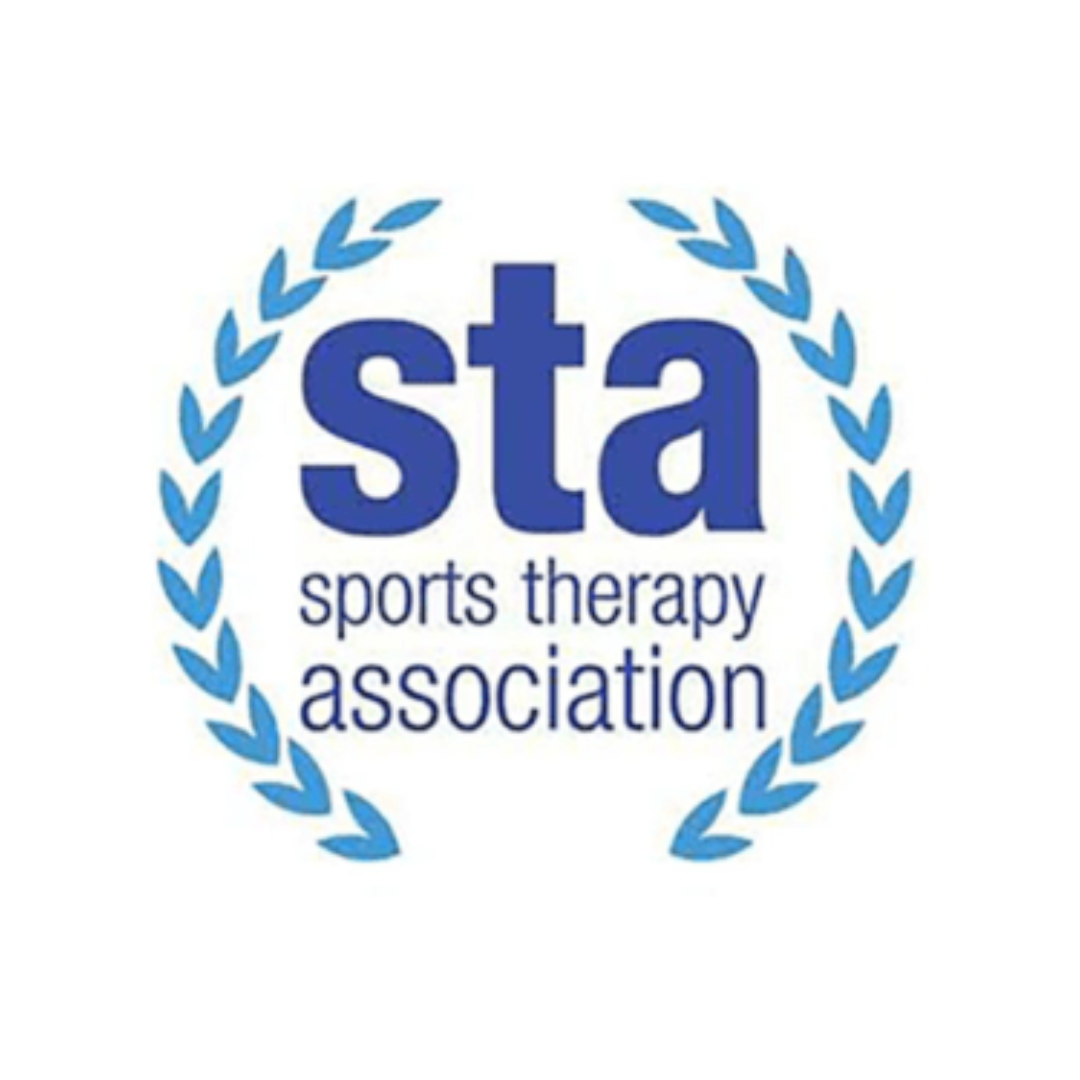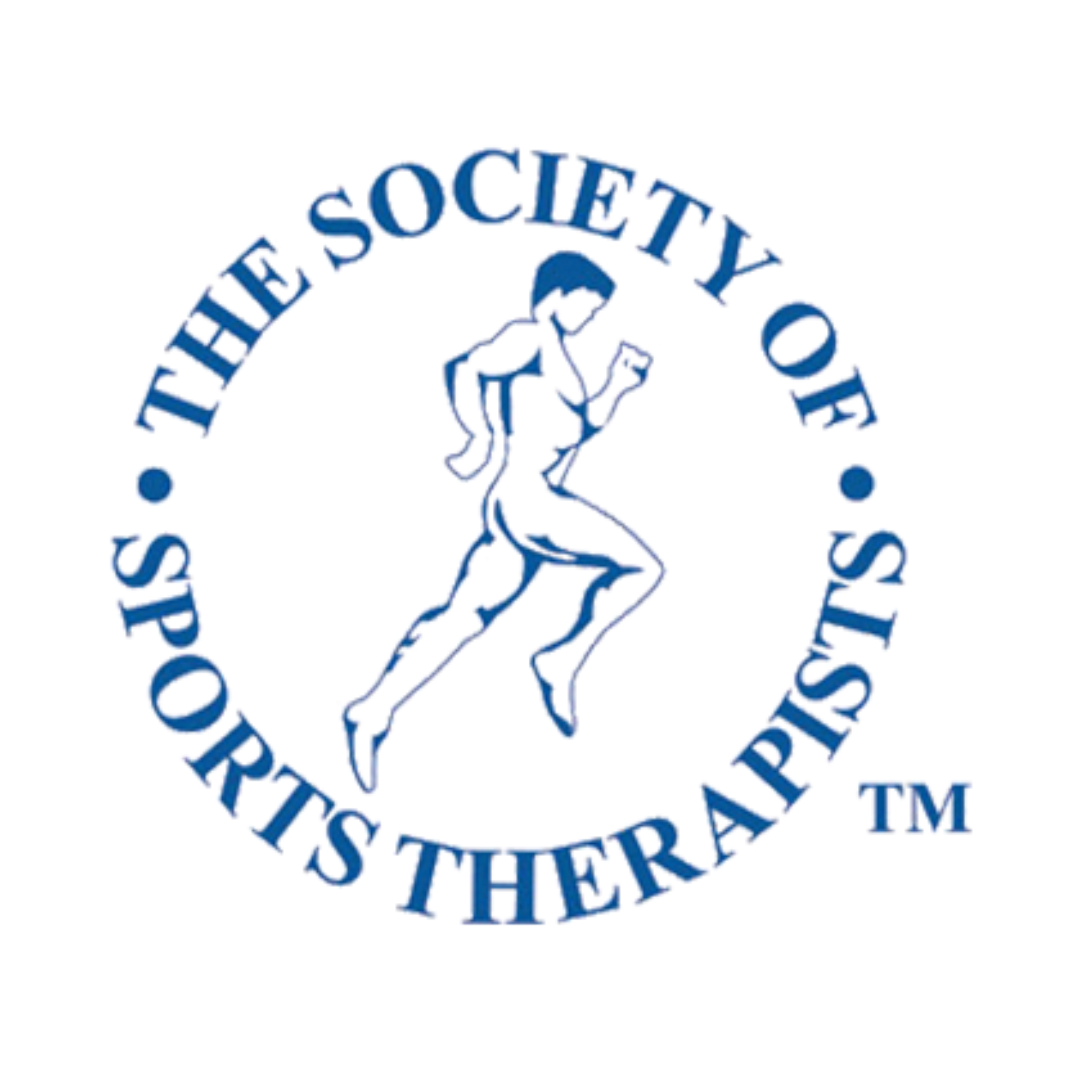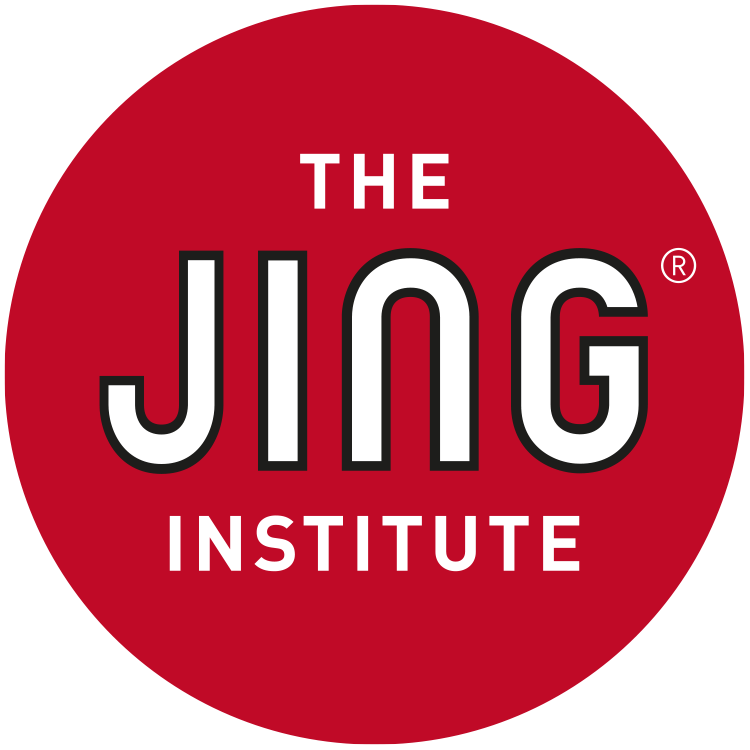Meet the Speaker with Jason Laird
)
Welcome to our newsletter series: ‘Meet the Speaker’ where we’ll be interviewing members of our speaker line-up for Therapy Expo 2025. It’s a chance to get to know the experts behind all the real insights, experience, and guidance presented at the show.
In this entry, we’ll be meeting Jason Laird, Senior Lecturer in Physiotherapy at the University of Winchester, and Company Director of Sporting Foot and Ankle…
Can you tell us a bit about your background and how you got started in foot and ankle rehab?
My early career was in Academy football and basketball, and this definitely started my interest in lower limb injuries and rehabilitation. I then worked at The Royal Ballet company where foot and ankle issues were a large part of my caseload. My experience and fascination with this area became stronger with an emphasis on return to performance and testing during my years working within Olympic sports.
What’s the focus of your presentation at this year’s conference, and why is this topic important right now?
I will be focusing on ‘The Art and Science of Foot and Ankle Rehabilitation’ at this year’s conference. From my experience of multiple sports and performance environments I believe there are key areas that must be targeted to ensure a smooth return from injury- and not all of these require complicated and flashy exercises to be successful. By using the best available evidence and having an underpinning framework, I think this will help practitioners adjust to the modern-day world of sports injury rehabilitation.
What’s one thing you hope attendees will take away from your session?
Stick to the basics! A key tenet that I always consider when designing and implementing successful rehabilitation strategies is thinking about the sport and its demands and taking time to reverse engineer what is needed. What does the sport look like? What physical qualities are needed and at what stage in the rehab process? Over-complication of the process and the use of ‘trendy’ or ‘flashy’ treatments or rehab exercises can really divert a practitioner’s attention from the important aspects of the recovery process.
Have there been any recent developments or research in foot and ankle rehab that you find particularly exciting?
Progressing from one stage of rehabilitation to another has always been a tricky one for practitioners. What objective measures do we need to take and what stage? When should we progress to jumping? What level of running/hopping is appropriate now? There have been great strides made in the last few years with regards to the research underpinning the force and loading profiles of different rehab exercises and tapping into this data really helps to quantify and plan your rehabs successfully.
What’s one misconception about foot and ankle rehab you often encounter, and how do you address it?
Having too much emphasis on the design of the late-stage rehab phase with little or no attention given to the early stages- it is really important to start off on the right foot (pun intended) when it comes to rehabilitation. Starting the process with sound planning and focusing on developing a robust and mobile foot and ankle will really pay off in the long run.
How do you continue learning and evolving in your practice? Are there any books, courses, or mentors that have influenced you recently?
I have recently set up a new course with a colleague of mine. We have really tried to combine evidence-based approaches with the practical expertise that we have in order to upskill practitioners who want to get better at treating and rehabilitating foot and ankle issues confidently. Designing and planning a course like this really helps keep you up to date with regards to new research and developments in this space. I particularly enjoy the new and exciting research coming from Peter Malliaras and Seth O’Neill on Achilles tendon assessment and management.
What do you enjoy most about working in this field?
The variety is exciting and challenging. A ballet ankle is not a gymnastics ankle, or a football ankle. Having the opportunity to experience different sports during my career has helped me to see each performer as an individual but also understand the tenets of what a high-performance foot and ankle rehab really looks like and address the core elements to success.
Outside of work, how do you like to unwind or recharge?
Family time is really important and helps you to remember what’s important in life. I now live on the South Coast so being outside and close to the beach is a great benefit.
Don’t miss Jason’s session at Therapy Expo, 26-27 November 2025 at NEC, Birmingham. Register now to secure your free pass.


.png)
.png)











.png)




